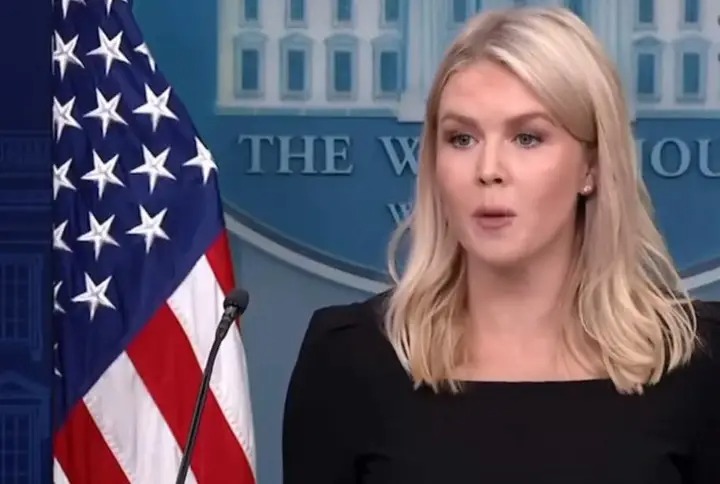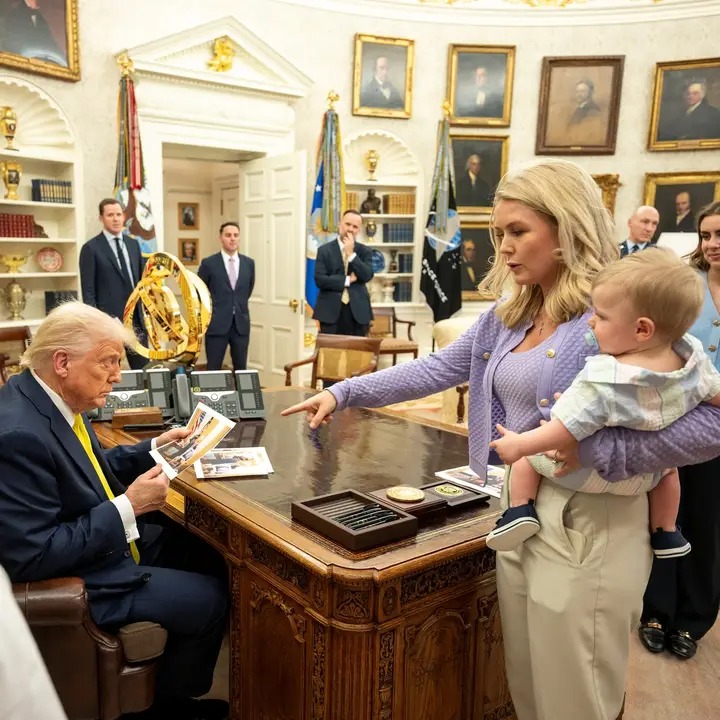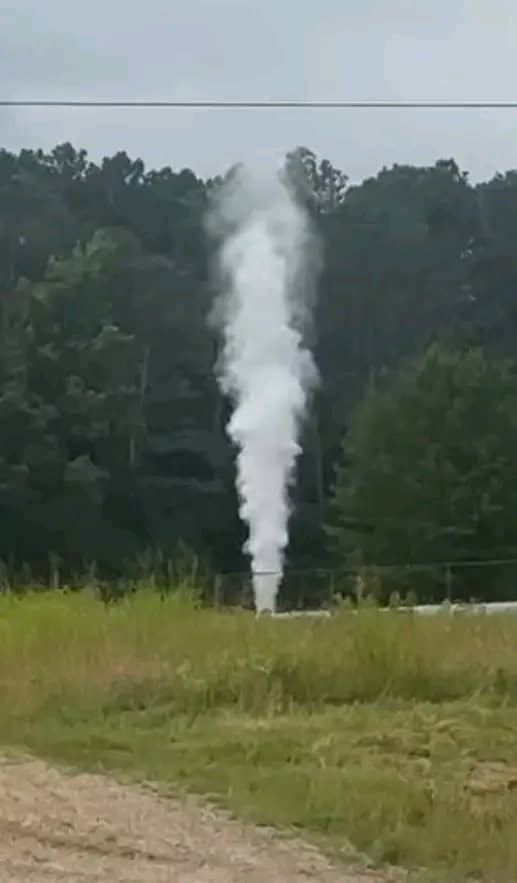The Department of Justice (DOJ) has launched an investigation into the Greenhouse Gas Reduction Fund — a $27 billion climate-focused initiative established during President Biden’s administration. Of that amount, $20 billion was reportedly distributed to just eight nonprofit organizations, many of which are said to have connections to former Obama and Biden officials. The timing of these disbursements is also drawing attention, as the funds were allocated just weeks before former President Trump was set to take office.
Concerns over the handling of this money have intensified due to the apparent lack of oversight and repayment obligations tied to these grants. According to reports, most of the funds were swiftly deposited into Citibank accounts following Vice President Kamala Harris’s electoral loss, raising questions about the urgency and transparency behind these transactions. Some of the nonprofits that received funding were established only a few months prior, and they are reportedly staffed with prominent Democratic donors and individuals with ties to past administrations.
Efforts to recover the funds have since been set in motion by Lee Zeldin, who served as the Environmental Protection Agency (EPA) Administrator under Trump. However, this process faces serious challenges due to a controversial trigger clause embedded in the contracts. This provision is believed to automatically release the funds in the event of intervention from Trump’s team, making any attempt at reclamation difficult.
Critics and watchdog organizations have voiced strong concerns about the fund’s administration from the start, with some alleging that it functioned more as a political slush fund than a legitimate climate program. The rushed allocation and the lack of safeguards have fueled accusations of favoritism and mismanagement, further amplifying calls for accountability and transparency.
As the DOJ investigation unfolds, questions remain about the broader implications of this funding strategy and the role of politically connected nonprofits in managing such substantial sums. The outcome of this probe could have far-reaching consequences for federal grant programs and their oversight moving forward.



